 Shops and Restaurants
Shops and Restaurants
A community of famous sites
 Shops and Restaurants
Shops and Restaurants
A community of famous sites

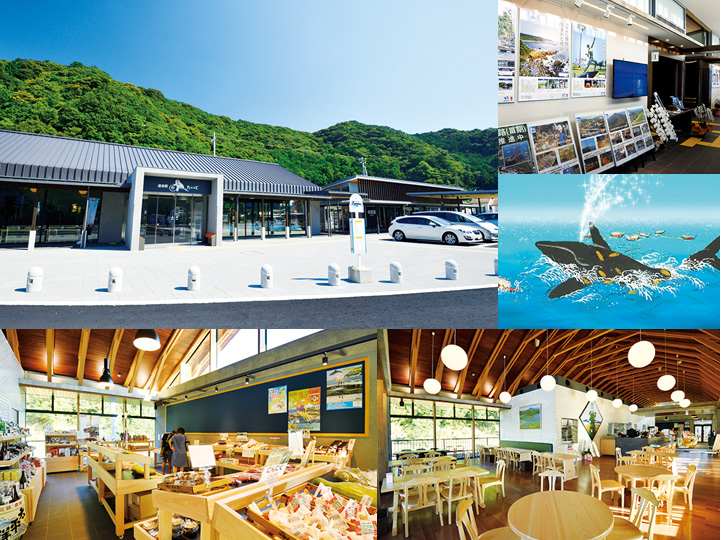
Taiji Roadside Station, which opened in August 2017, is a new facility that is dedicated to providing information about the Kumano Sea whaling culture. It’s a great place to start your journey to Kumano, the stage where this Japan Heritage story unfolds. The Roadside Station’s information area includes an animated video about old-fashioned whaling ships and a video introducing the town of Taiji. Its shop sells fresh fish caught locally that morning, whale meat, dried foods, and produce. You can sample delicacies such as bowls of rice topped with whale meat and tatsuta-style fried whale meat lunches.

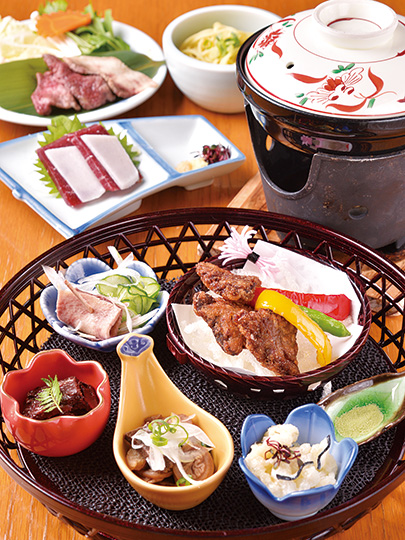
This hotel and hot spring are located on Taiji Bay. Its restaurant, which is open for lunch, offers an extensive menu featuring the kind of whale cuisine you can only find in Taiji. From whale meat served over rice for ¥1,200 to full-course whale cuisine meals for ¥5,400, there’s something for every budget.
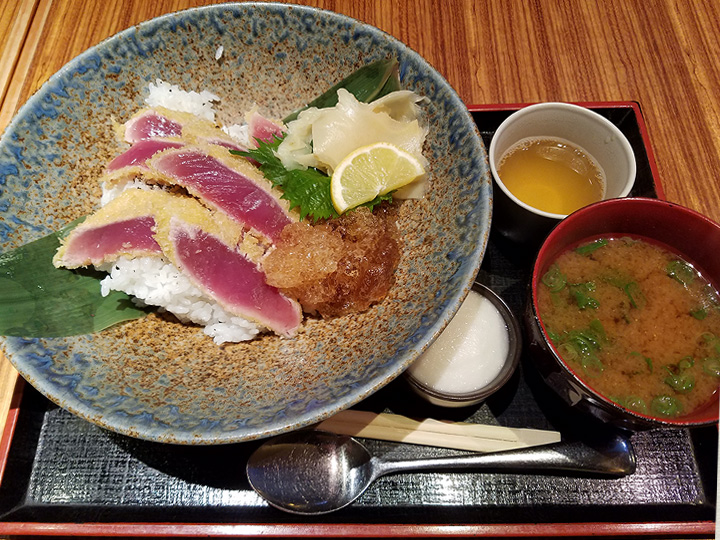
Rice topped with chutoro fatty tuna, served with sour sauce for simple, delicious flavor.
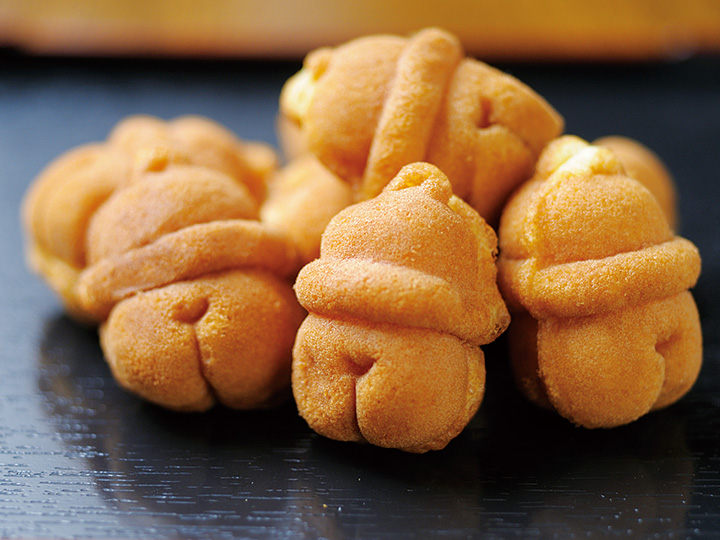
This Japanese confection shop was founded in 1868. Its flagship Suzuyaki sweets (from ¥325 for a package of 20) are bite-size treats made of sponge cake. People of all ages love the elegant sweetness of Wasanbon sugar.
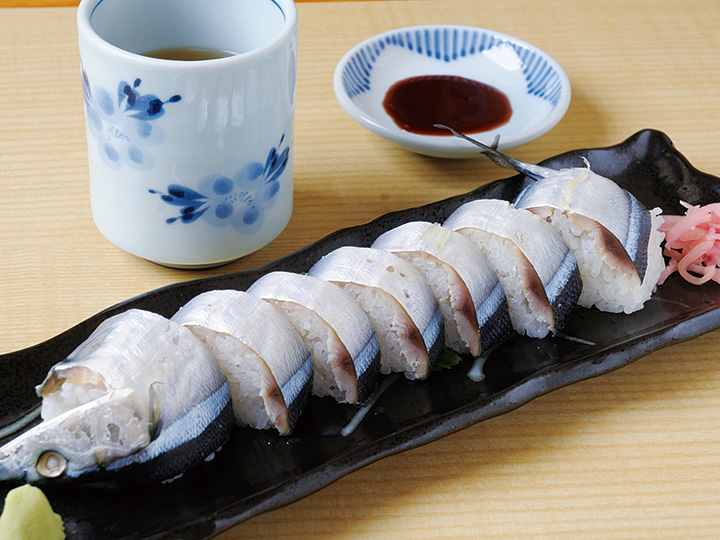
Jofuku Zushi is famous for Pacific saury sushi, a local specialty in Kumano. Chefs insist on cutting the fish open from the back so as not to lose the savory flavor of its stomach meat, and the result is served by arranging the cut pieces in the shape of the whole fish along, with the head. The aroma of yuzu citron vinegar is refreshing when you pop a whole piece into your mouth.
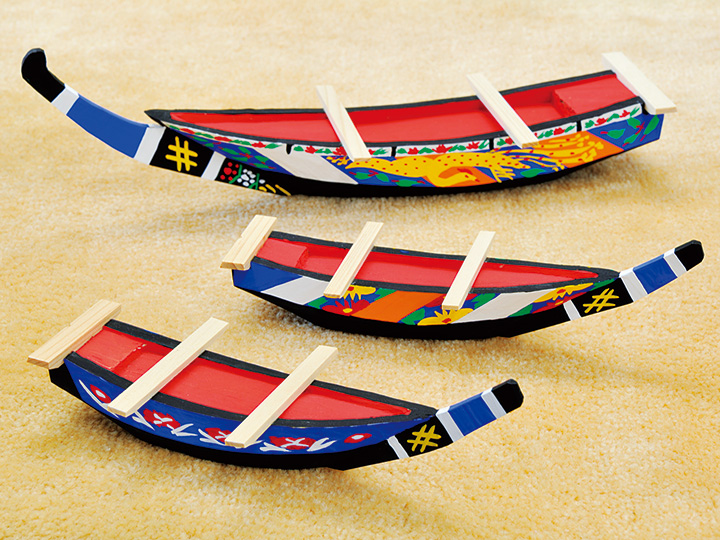
Traditional Kumano whaling ships, from ¥1,296. Painting classes, from ¥1,200.

This bakery is operated by Hanairodori no Yado Kayu. Its Shirayukihime (meaning “Snow White”) white bread is a soft, chewy bread made with Haruyokoi flour from Hokkaido. Other popular items include Danishes made with seasonal fruit and quiche, and there’s space to eat at the shop.
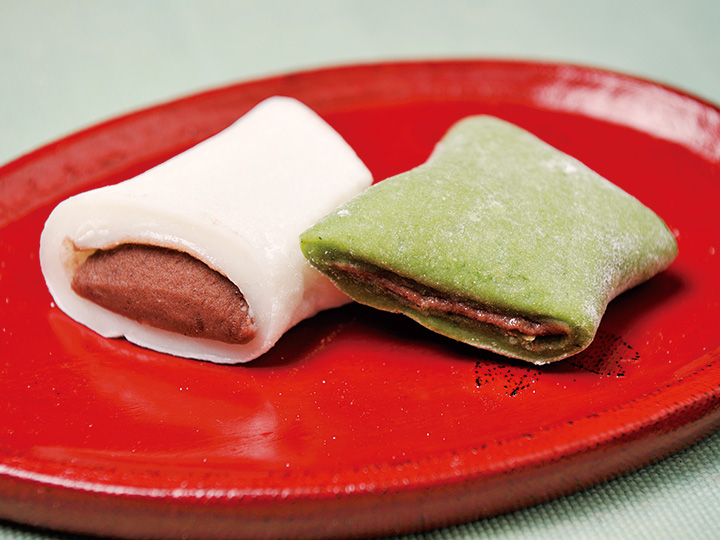
Legend holds that a Buddhist monk from Kyoto on a pilgrimage to Kumano taught locals how to make tetsumen-mochi at the end of the Edo period, and the delicacy is still handmade today. Soft dough made from rice flour is filled with homemade sweet bean paste that has a simple sweetness. Don’t be late?sometimes the shop sells out by lunch.
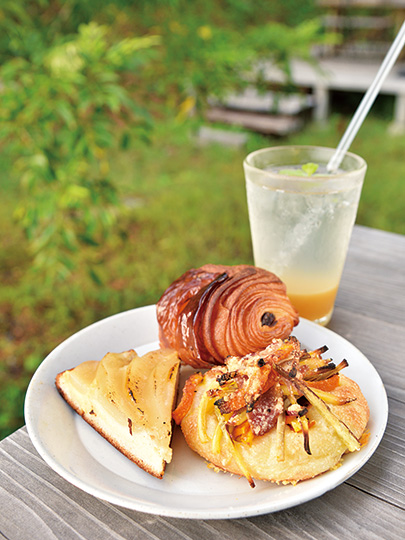
This bakery and cafe attracts fans from far and wide in search of bread made meticulously using Japanese flour and its own variety of yeast. The extensive menu includes authentic hard loaves as well as sweet buns and breads made with local fruits and vegetables. Customers also love the shop’s pizza, and there’s a full selection of cafe drinks as well.

This yakiniku restaurant serves Kumano beef, a special type of Black Cattle wagyu beef produced in Wakayama Prefecture. Kumano beef is characterized by less fat than other varieties, giving it a slightly sweet flavor that lets you enjoy the meat’s natural, savory taste. The restaurant purchases the entire animal, allowing it to offer reasonable prices as well as delicious innards since the meat is so fresh.
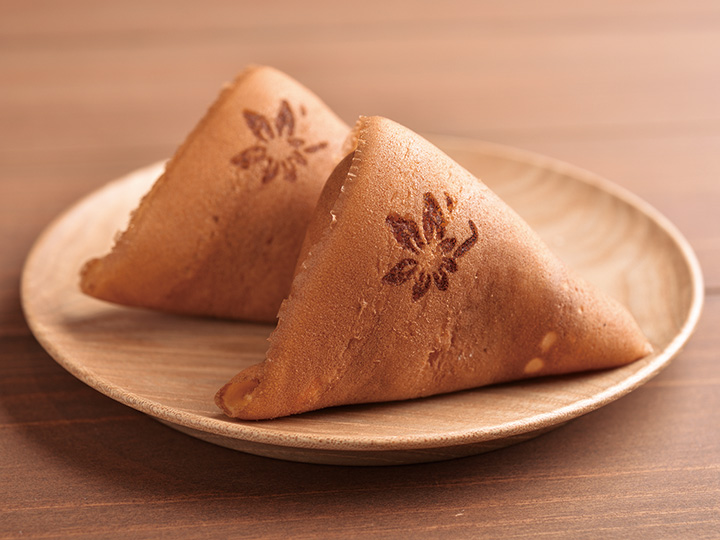
Sweets made painstakingly by hand by the proprietor of this shop with carefully selected ingredients are popular among locals and tourists alike. Shiozaki’s famous Tateiwamaki delivers a perfect combination of plump, roasted dough and bean jam that melts in your mouth with an elegant sweetness.
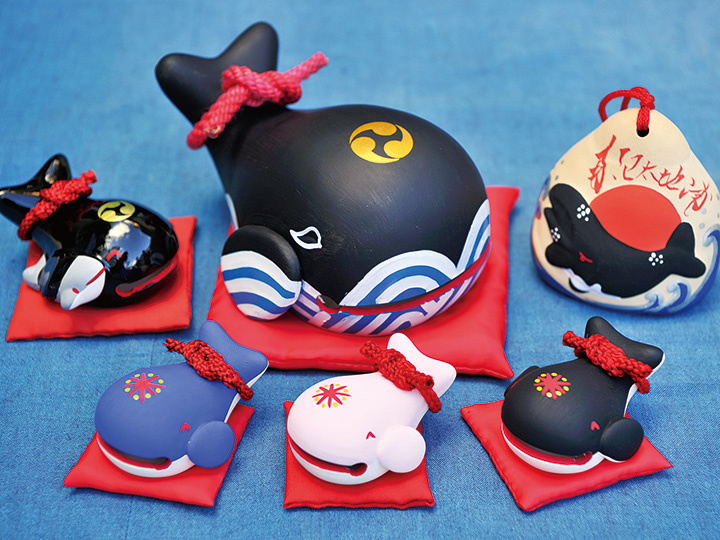
This shop sells handmade folk ceramics with a whale motif, including ceramic lucky whale bells for ¥1,944 and a selection of other cute and unique items such as “whale gas” incense holders. With a reservation, you can also take a class and learn to paint your own (from ¥1,000).
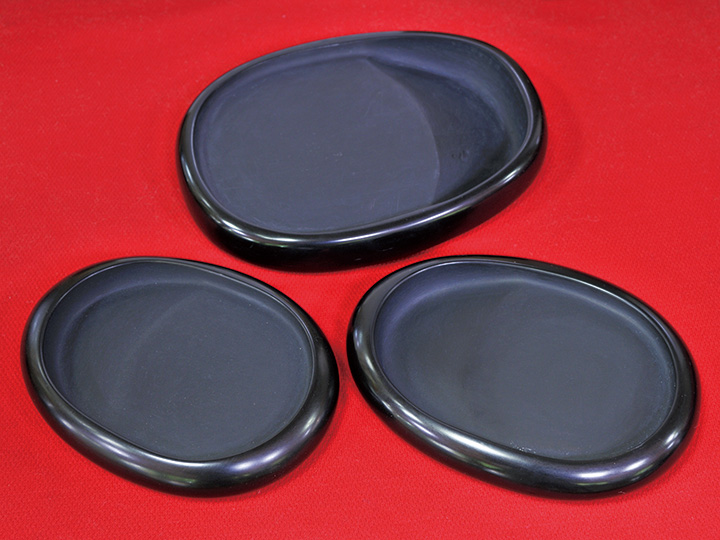
This shop specializes in inkstones made of Nachi black stone, one of the Kumano region’s famous products. “Mandala no Michi,” which is hand-carved from a rare type of Nachi black stone so that it has an outstanding amount of luster, allows you to grind ink surprisingly smoothly.
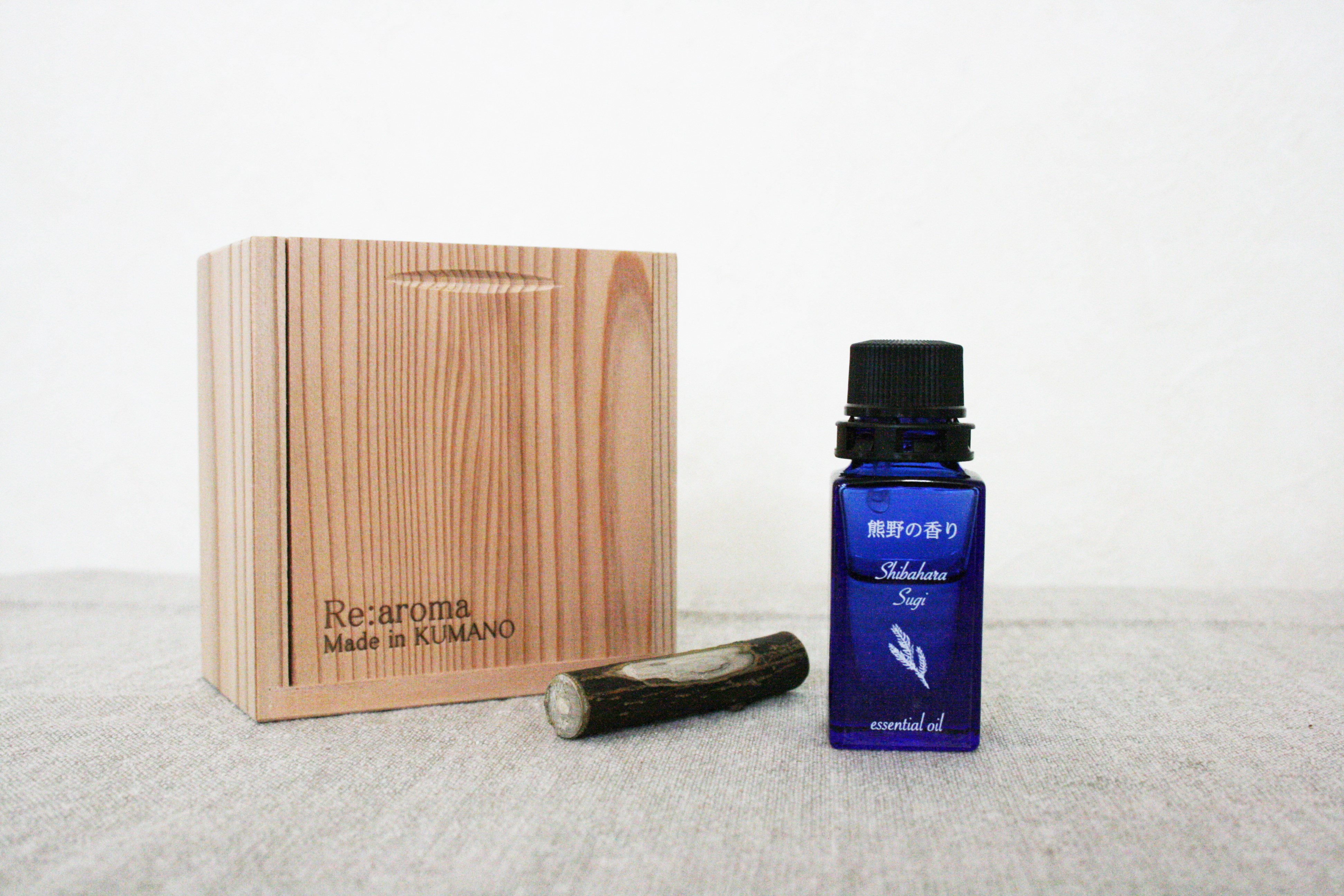
This shop’s products include originally formulated aroma oils extracted from the trees of Kumano. The popular “Kumano-no-Kaori” series of products is available in four variants, and “Shibahara,” which is typical of the cedar trees found in the region, offers a refreshing citrus fragrance.